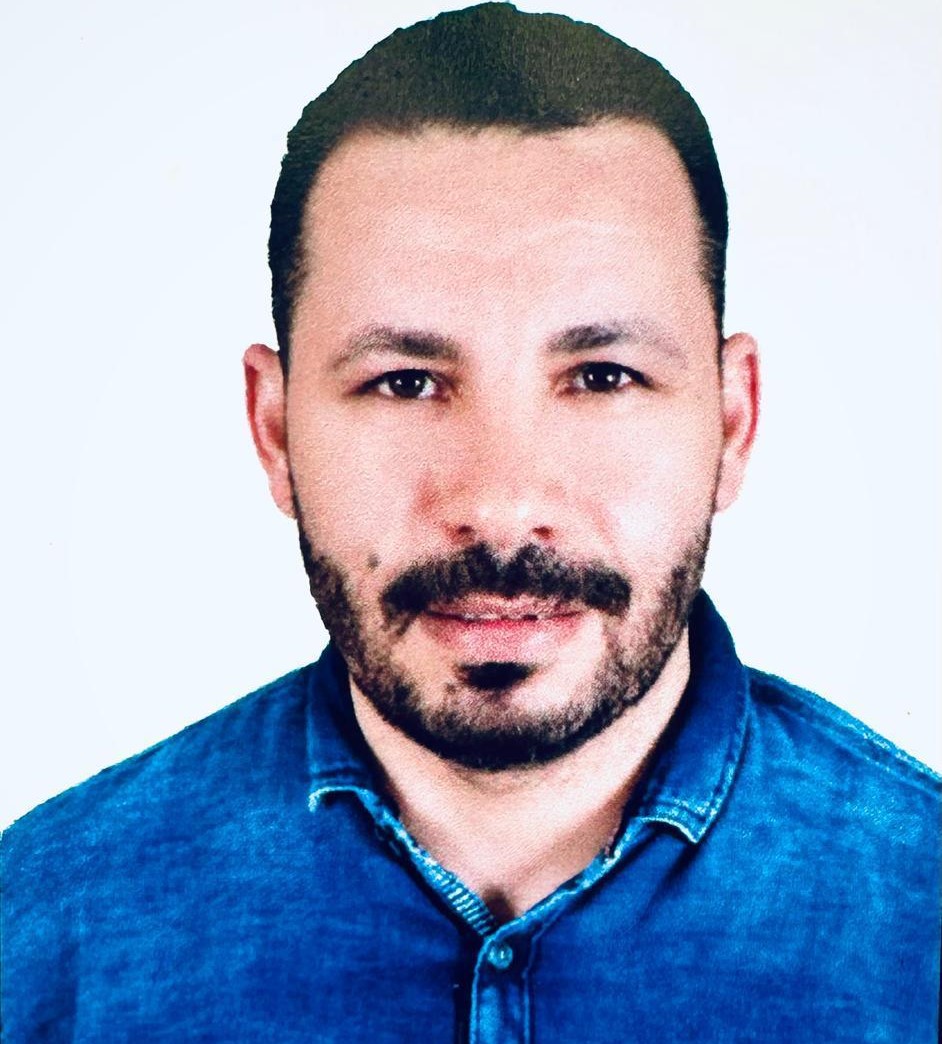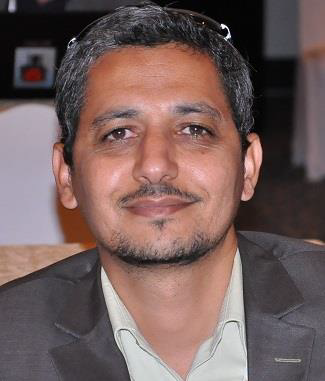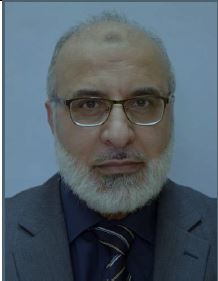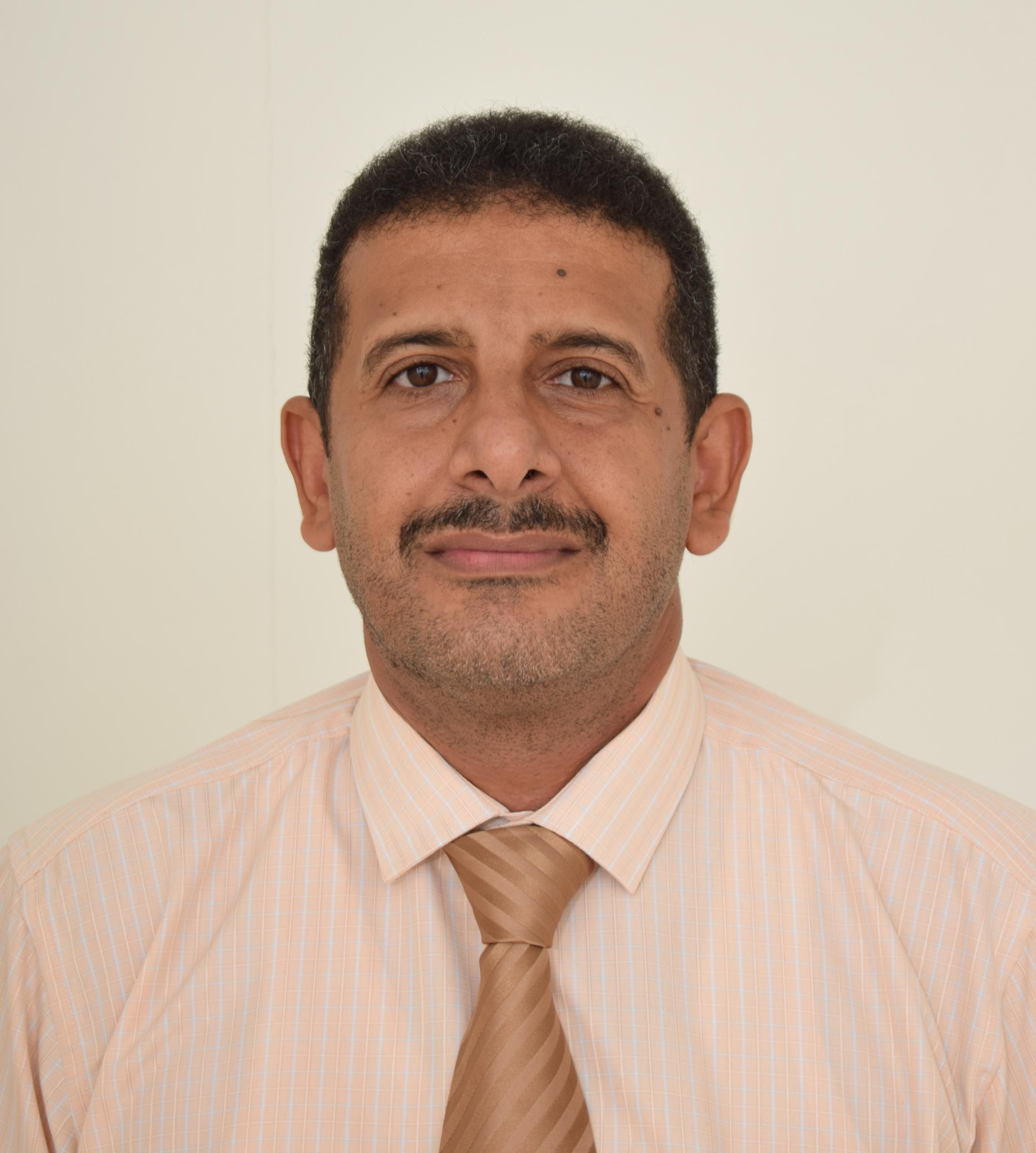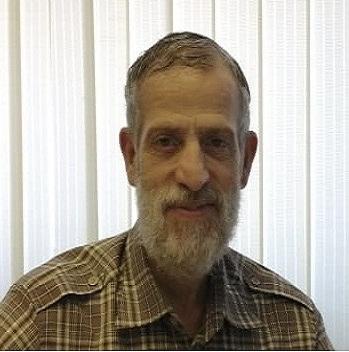
Welcome to the Civil Engineering Department at Fahad bin Sultan University!
I am pleased to welcome you to the website for civil engineering department at FBSU. The department bears the responsibility of qualifying promising engineers of high quality equipped with the necessary knowledge and skills in the light of the Kingdom's vision to meet the national and global market of the profession, as well as to qualify the student pursue studies at the graduate level. I invite you to explore our website for a closer look at our program and other helpful information.
Nadim Shbeeb , PhD
Associate Professor and chairperson
Department Advisory Board
The advisory board of the department of civil engineering plays a vital role in the ongoing development and enhancement on various issues concerning undergraduate and graduate programs, research initiatives, and outreach activities. It acts as a conduit to foster closer relationships and cooperation with the public and the professional community, while also serving as a proactive assessment tool for the academic programs offered. Additionally, the board provides a platform for regular exchange of views relating to the long-term planning and development to enhance the standards and standing of civil engineering profession. Furthermore, it offers a framework for endorsing or recommending the knowledge and skills necessary to ensure alignment with the job roles for graduates.
The current members of the Department Advisory Board are:
1. Eng. Uwe Freitag (Director of Engineering Services at NEOM)
2. Eng. Ahmed Mohammed S Alyami (Senior Planning, Scheduling and Reporting Manager)
3. Dr. Abdulrahman Almunabhi (NEOM Director - General Building Codes)
4. Eng. Ahmed Alshahrani (NEOM Planning Manager – PMO)
5. Eng. Amr Mohamed (Alumni) (Material engineer / Applus Company)






